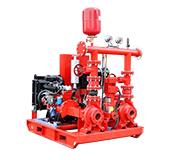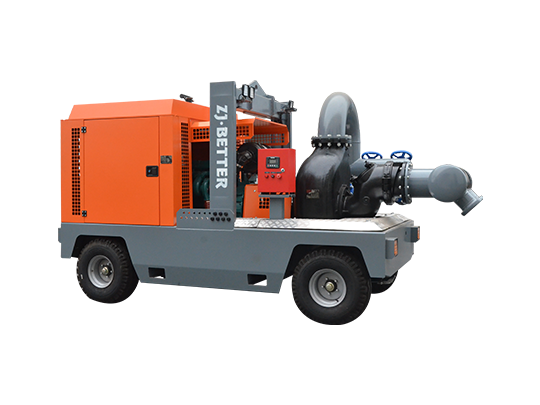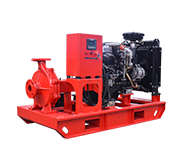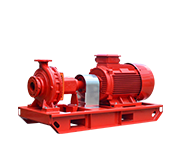-
1. System Requirements: Understand the requirements of the fire protection system you are designing or upgrading. Consider factors such as the total water demand, required pressure, and flow rates. This will help determine the capacity and performance criteria for the fire pump.
-
2. Codes and Standards: Familiarize yourself with the applicable fire codes and standards in your region. These regulations often specify the type, size, and performance requirements for fire pumps. Ensure that the selected pump meets or exceeds these requirements.
-
3. Water Source: Identify the water supply source for the fire pump. It can be a municipal water main, a well, a water storage tank, or another source. Consider factors such as the available water pressure, available water volume, and reliability of the water source.
-
4. Type of Pump: Determine whether an electric motor-driven pump or a diesel engine-driven pump is more suitable for your application. Electric pumps are commonly used in buildings with reliable power supply, while diesel pumps are preferred for locations with unreliable power or as backup systems.
-
5. Performance Considerations: Consider the required pressure and flow rates for the fire protection system. Evaluate the pressure rating, impeller design, and performance curves of different fire pumps to ensure that they can meet the system requirements.
-
6. Reliability and Redundancy: Assess the reliability of the fire pump. Look for features such as robust construction, durable materials, and proven track records of manufacturers. In critical applications, it may be necessary to consider redundant fire pump systems for enhanced reliability.
-
7. Maintenance and Serviceability: Evaluate the ease of maintenance and serviceability of the fire pump. Consider factors such as accessibility for inspection, availability of spare parts, and manufacturer support. A well-maintained fire pump is essential for its long-term performance.
-
8. Manufacturer and Supplier: Choose a reputable manufacturer or supplier with a good track record in producing reliable fire pumps. Research customer reviews, certifications, and warranties provided by the manufacturer.
-
9. Budget Considerations: Consider the budget allocated for the fire pump system. While cost is an important factor, it should not compromise the safety and effectiveness of the fire protection system. Seek a balance between cost and quality.
It's important to note that fire pump selection can be a complex process, and it is recommended to consult with fire protection engineers or professionals who specialize in fire pump systems to ensure the right pump is selected for your specific application.






